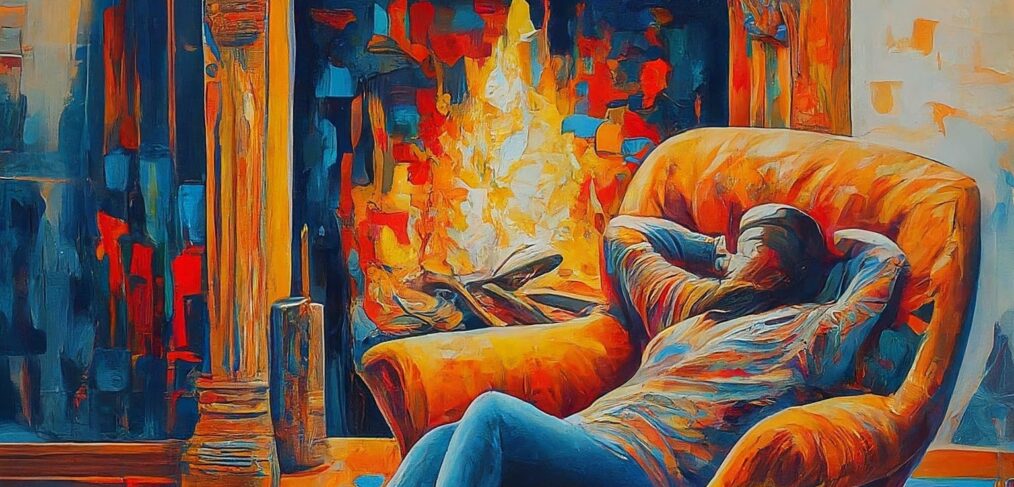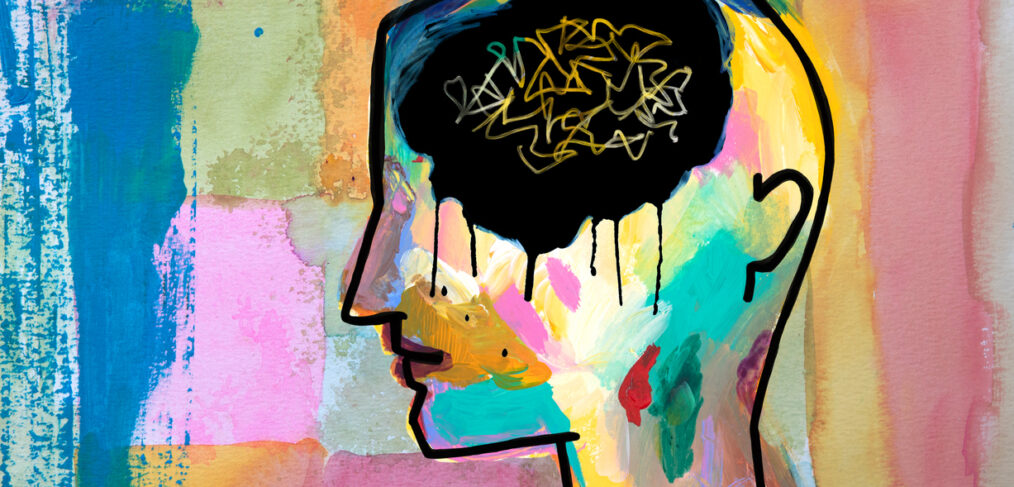What does luxury mean to you? For many, the idea conjures the trappings of wealth—maybe yachts, private planes, or opulent houses. But are these things luxurious in and of themselves? Once you get beyond these trappings’ flashiness and comfort, you must still have a meaningful life to make them enjoyable. And you may find that if you do have a meaningful life, you don’t need this brand of luxury. Simple pleasures can be considered luxurious and don’t involve the cost, maintenance, or hassle of the more lavish luxuries. What are the luxurious things in your life? Do they give you pleasure, or must they be connected to other parts of your life, such as friends, to add meaning?
It all starts with something small.
Don’t use so much water when you do the dishes!
Now, I know how to do the dishes. I’ve been doing the dishes since I was seven (it was one of my childhood chores), but for the sake of argument, let’s say I’ve been doing them every other day since I was 21. That’s 6,387 times I’ve done the dishes (a conservative estimate, as I sometimes do them several times a day, or every day for stretches). I’ve never had a dishwasher. I know how I like to do them. Maybe I do run more water than some, but I also do them faster, as I’m not waiting for a trickle of water to clear off the soap. And if that’s my luxury in life, it’s really not too much to ask. There is no regional water shortage—in fact, it’s been raining like crazy. We’re paying extra for the water—estimated at an extra $6 per month—but it’s money I’m perfectly willing to spend to do the dishes my way.
If you’re of the crazy opinion that this is something fairly small to be testy about and I’m being defensive, then you’re right (it’s one of the very few things my wife and I “argue” about). But it does make me irritable. How does something so small turn into something that impacts my emotional state? Why can’t I just say “that’s the way I like to do the dishes” and be done with it? The answer is precisely because it’s so small—I don’t feel the need to have a big discussion over it, so I let it get to me. These small, inconsequential emotions become bigger emotions that impact my overall emotional state.
We’ve all been there. You have a situation in which you’ve been wronged in some way. It might be a series of inconsiderate drivers, loud neighbors, or a company that just can’t get their billing right. You’ve been wronged, you’re the injured party, and you’re fed up. Initially you might calmly, and even patiently, try to resolve the situation. It hasn’t gotten under your skin yet, but you’ve gotten to the point where you need to take action. But when nothing changes, your righteous indignation begins to bubble up. Your eyebrows raise, and you think, now wait a minute.
We all have people in our lives who seemingly know how to push our buttons—they are somehow able to get under our skin and threaten our peace and happiness. There may also be circumstances that invariably make us tense or irritable. Rather than denying that this is happening or resigning ourselves to these unpleasant feelings, we can use a variety of tools and perspectives to help us identify these conditions and address them. We can also make ourselves less susceptible to being impacted by these conditions. We can build a foundation of serenity through practices that stabilize our emotional reactions and make us aware of how we interact with the world. We can also be proactive about the elements in our lives to which we consistently have negative reactions. Finally, we can look inside ourselves and try to truly understand why we react the way we do and use that knowledge to mitigate our negative emotions.
Many people measure their lives by their mealtimes. Breakfast is the kickoff, lunch is the major break in the day, and dinner is a daily debrief and a closing out. This can be a good way to psychologically parse out the day and mentally check off the phases of our days as they go by. But for me, it’s more about the drinks and mainly a function of alcohol and caffeine. Coffee is a key psychological ingredient for me. It kicks off the day, is medicinal, and marks a transition. Water and other hydrating drinks follow and serve to wash down lunch. Tea in the afternoon marks the transition to the final phase of the working day. Last are the evening cocktail, wine with dinner, and a nightcap, during which I officially close out the day and my time is my own (more on that later). Though it is not conscious or intentional on my part, the drinking phases of my day are a critical aspect of how my days are structured and measured. This has good aspects as well as harmful ones.





